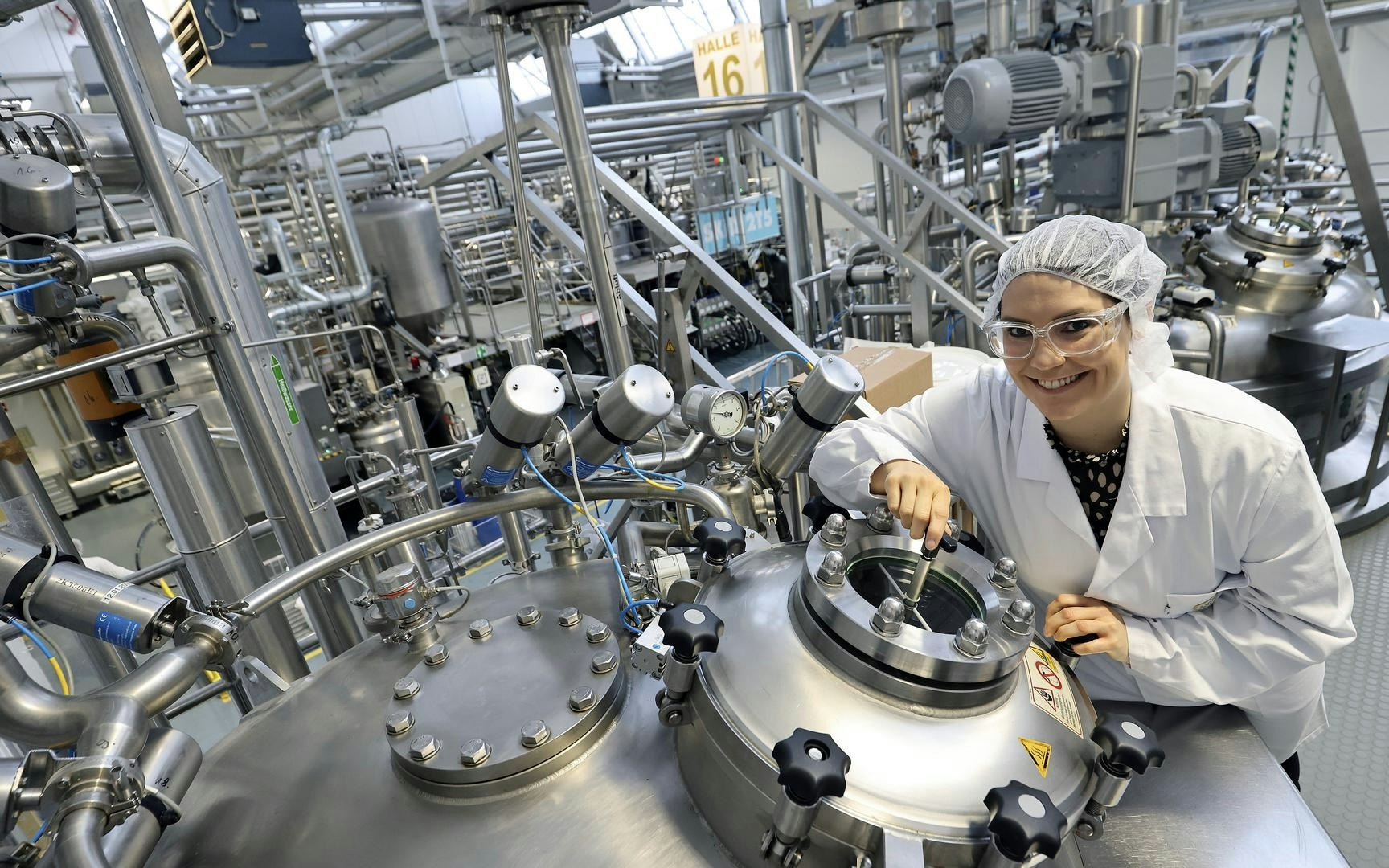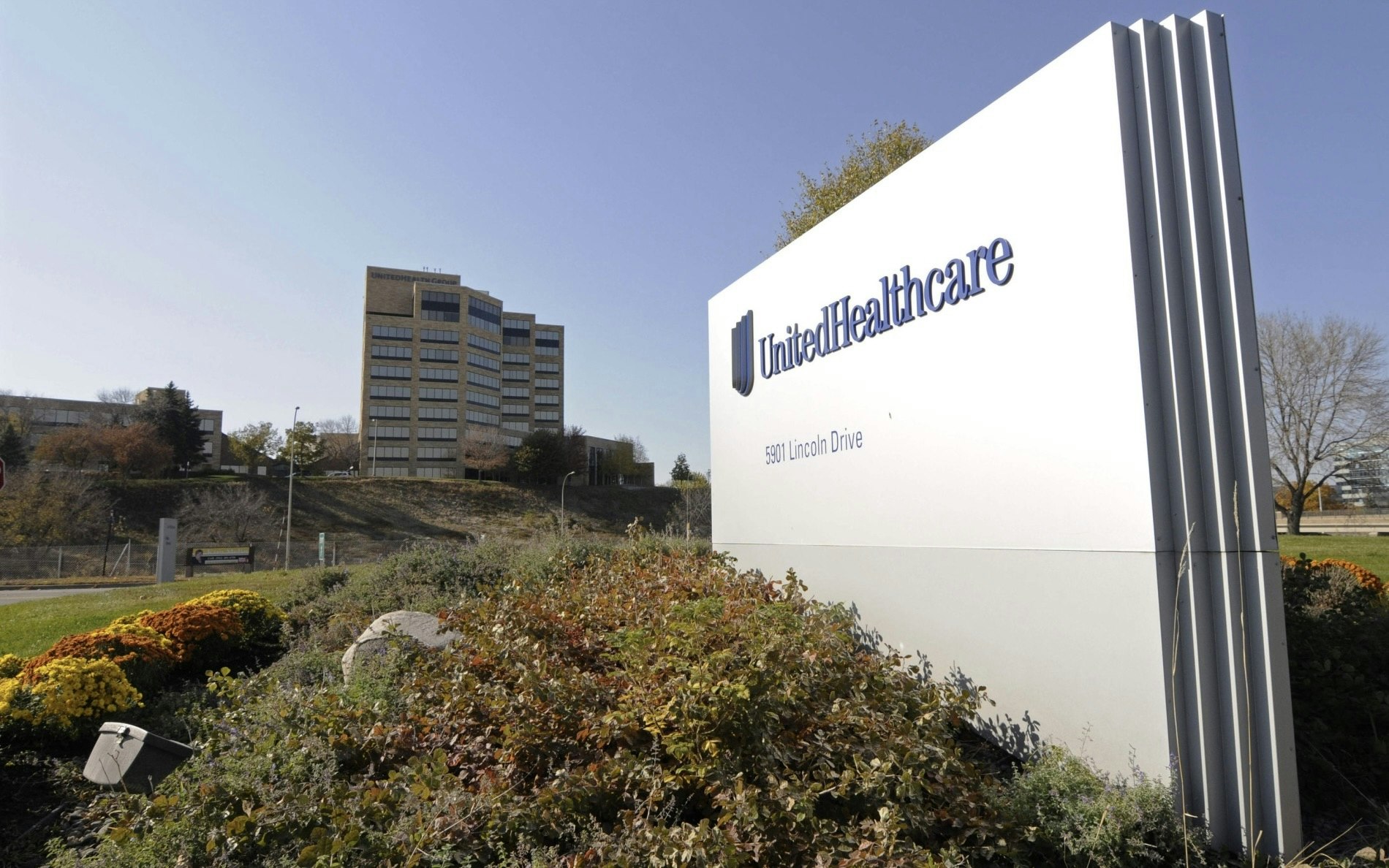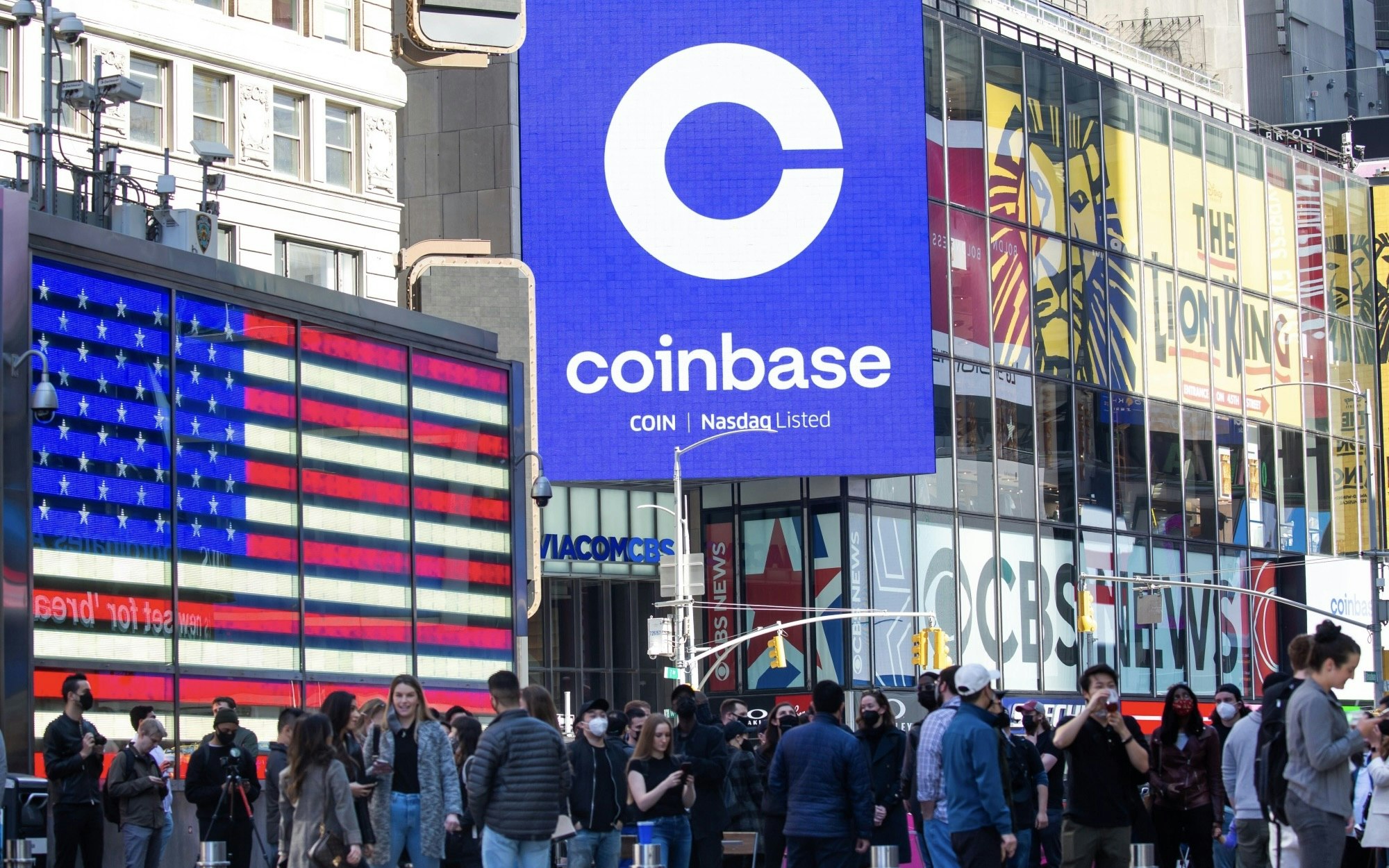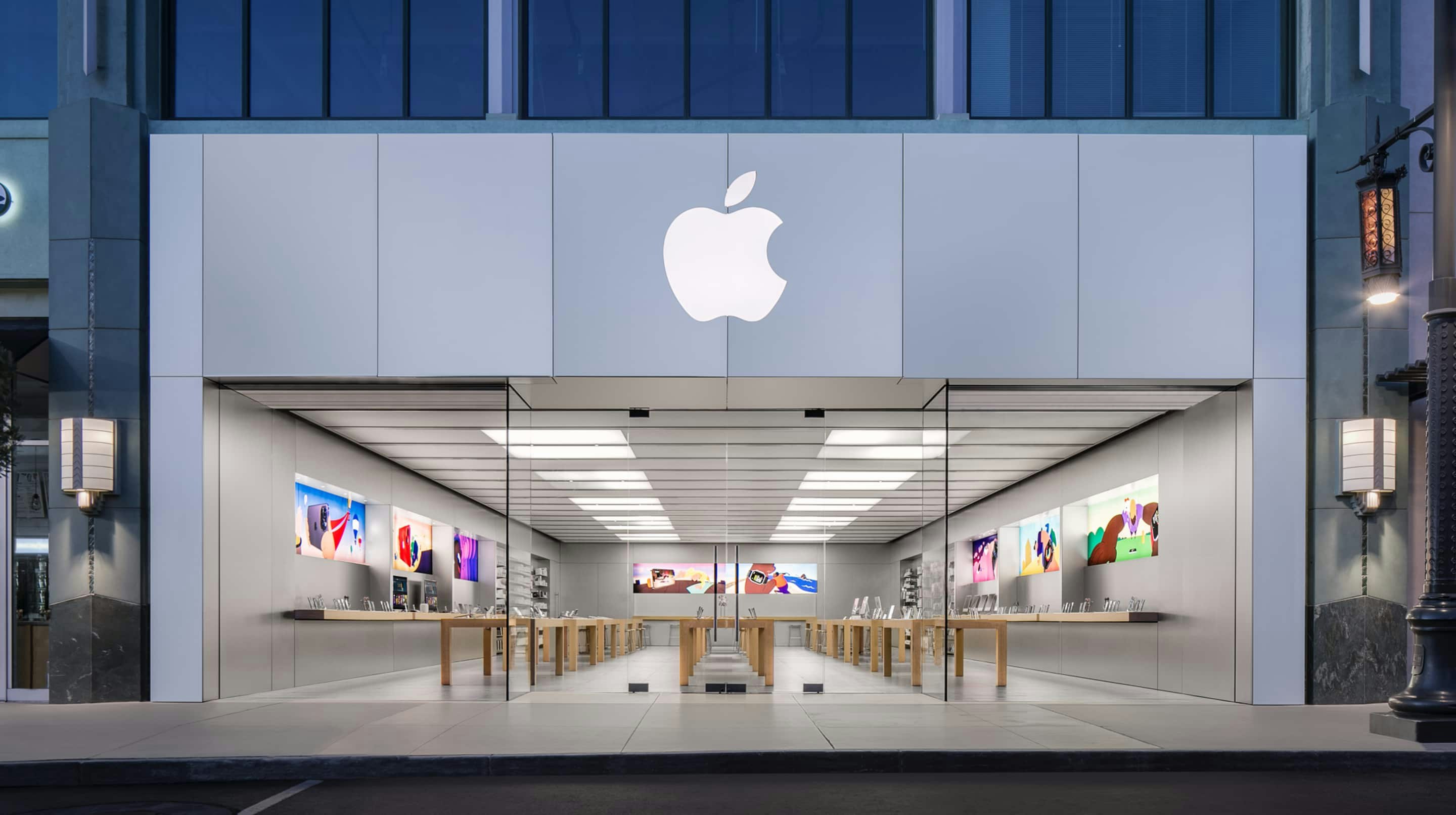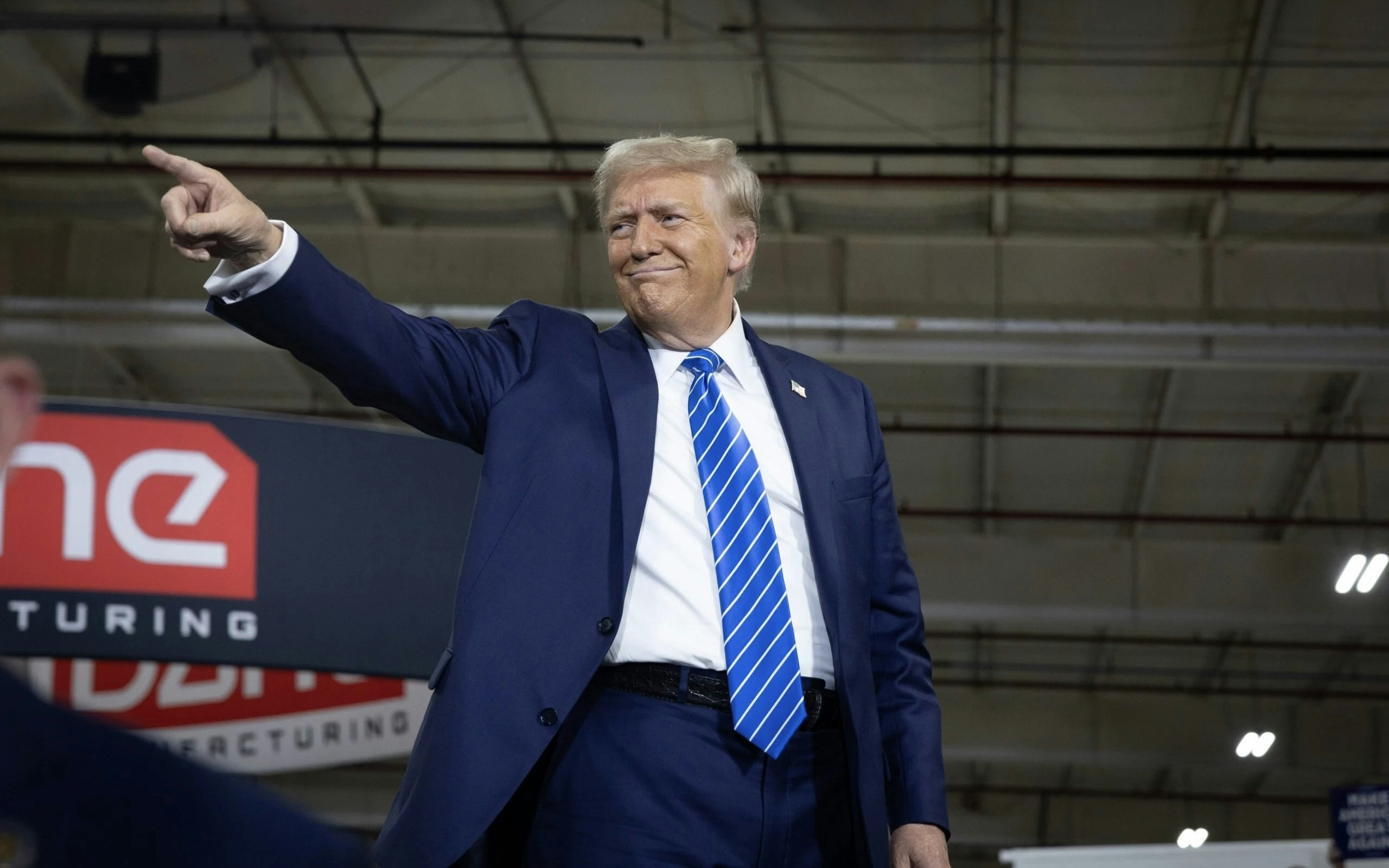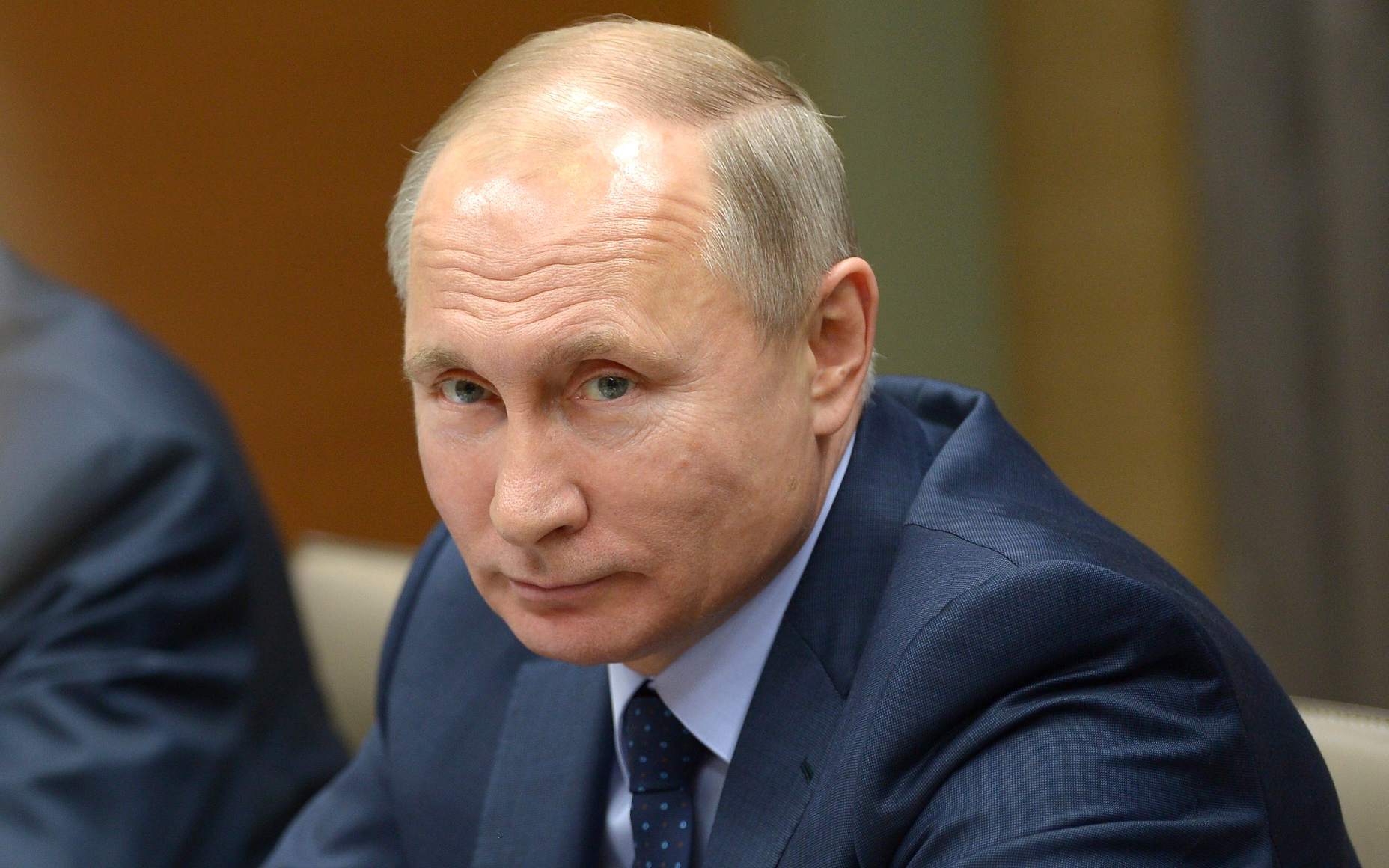L'Oréal to expand production in Germany despite controversial debate on the competitiveness of the industrial location. The new head of the DACH region, Kenneth Campbell, sees great potential and emphasizes the creativity and quality of German talent. In Karlsruhe, where over a million products are manufactured daily, L'Oréal has already opened three new production lines. This is necessary to meet the increasing demand and strengthen the presence in over 35 countries with hair, skin, and sun care products.
With a total of 38 factories, 19 of which are located in Europe, L'Oréal is one of the largest cosmetics manufacturers worldwide. The decision to produce in Germany is also favored by the low energy intensity of the cosmetic products. In addition, the German market is becoming increasingly important for L'Oréal, despite the ongoing consumer weakness due to high inflation rates. Germany, Austria, and Switzerland have established themselves as the most important European market for the company, even surpassing the French domestic market this year. They are now the third most important region worldwide, after the United States and China.
The company is experiencing strong growth in Europe, despite the consumer giant facing economic challenges in China. In the third quarter, L'Oréal had a revenue decline of nearly five percent in North Asia. Overall, the company has increased its sales by almost 13 percent in the first three quarters, with Europe making a significant contribution with a growth of almost 18 percent. Campbell emphasizes the DACH region as one of the largest growth drivers for the group.
L'Oréal's portfolio includes 37 international brands such as L'Oréal Paris, Garnier, Maybelline, Kiehl's, Lancôme, Biotherm, and Vichy. The company's stock price has risen 30 percent this year, benefiting mainly the French industrial family Bettencourt, who owns one-third of the shares. One-quarter of the shares belong to the food giant Nestlé. A key factor for the growth has been higher prices implemented by many consumer companies to offset increased costs. The pandemic and Russia's invasion of Ukraine have led to higher expenditures on energy, raw materials, and logistics. However, L'Oréal announced that the price increases have been moderate.
In comparison to other consumer goods companies, manufacturers of high-quality cosmetics have an advantage because their products typically achieve higher profit margins. Therefore, the pressure to enforce price increases with retailers is lower. L'Oréal has sold more products in Germany, Austria, and Switzerland than the previous year, while other companies such as Henkel or Nestlé have recorded declining sales.
Perfumes and cosmetics are less affected by consumer reluctance to purchase compared to other consumer goods. Consumers trust established brands and are less likely to switch to affordable private label brands. Additionally, many consumers have changed their consumption habits during the pandemic and are treating themselves to small luxury items such as high-quality perfumes or lipsticks. This trend, also known as the "lipstick effect," benefits L'Oréal.
In order to remain successful, L'Oréal is increasingly investing in advertising and the development of new products. The company is among the top ten companies with the highest advertising expenses in Germany. Campbell emphasizes that L'Oréal is constantly expanding its offerings and aims to introduce nearly twice as many new and improved products to the market by 2024. Under the brand Prada Beauty, the company has already introduced new makeup and skincare products this year. With new products, manufacturers can more easily enforce higher prices in the market compared to established products.
The success of L'Oréal is also due to the increased use of influencer marketing and digital tools, which allow consumers to virtually test the effect of creams or hair dyes. The company already generates 28 percent of its sales online. A change in perspective on health after the pandemic has also led to increased demand for skincare products. Campbell emphasizes that cosmetics have always been a basic need, but today they are almost essential.
Campbell, who has been working for L'Oréal since 1997 and has been active in many European and Asian countries, is convinced that his experience in emerging markets has helped him cope with the current economic situation. The company must differentiate itself from the competition not only through price, but also through high-quality products. Especially in Germany, consumers value effective cosmetics. Therefore, L'Oréal also relies on free samples in retail and recommendations from dermatologists to convince consumers of its products.
To detect trends early and bring the right products to the market, according to Campbell, a close collaboration with consumers is important. Ultimately, L'Oréal aims to generate interest and purchase desire from consumers by offering products that meet their needs and desires. With its increased investments in advertising, product development, and innovative marketing, L'Oréal is well positioned to continue to be successful in the German market.


